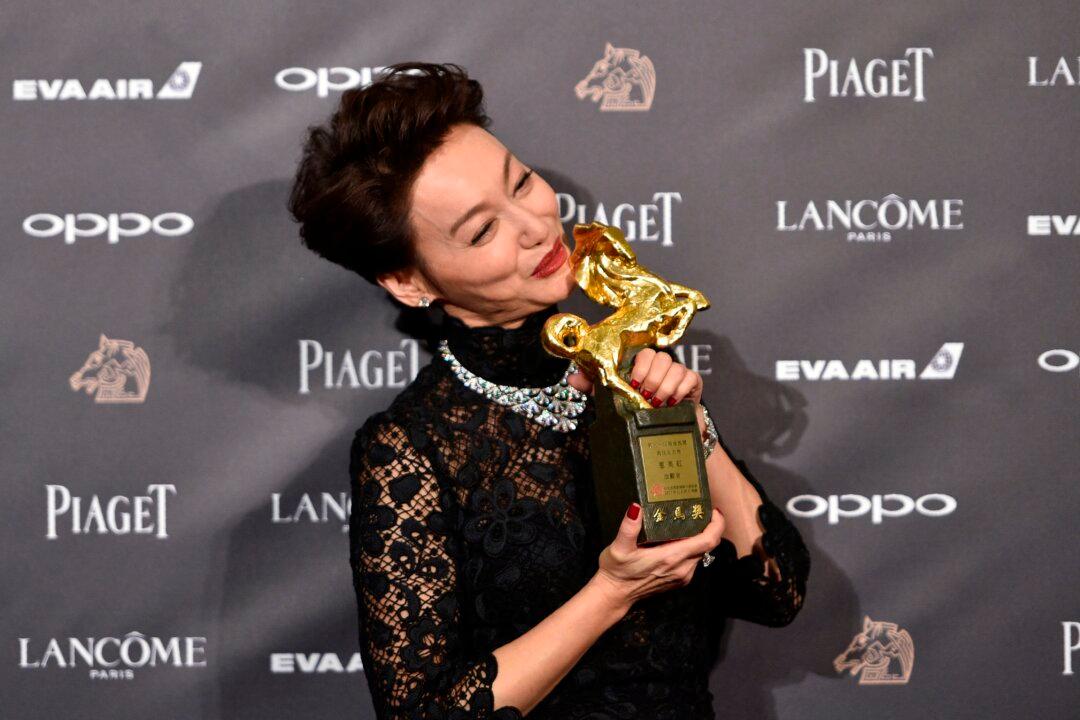The Chinese regime has banned all mainland movies and actors from participating in the Taiwan-organized Golden Horse Awards, and award show and film festival akin to the Chinese-language film industry’s Oscars.
On August 7, Chinese state-run media outlets Xinhua and China Film News both reported that the China Film Administration has suspended “all mainland films and personnel” from participating in the upcoming Golden Horse film festival, to be held from Nov. 8 to 24. The award ceremony will take place on Nov. 23.





